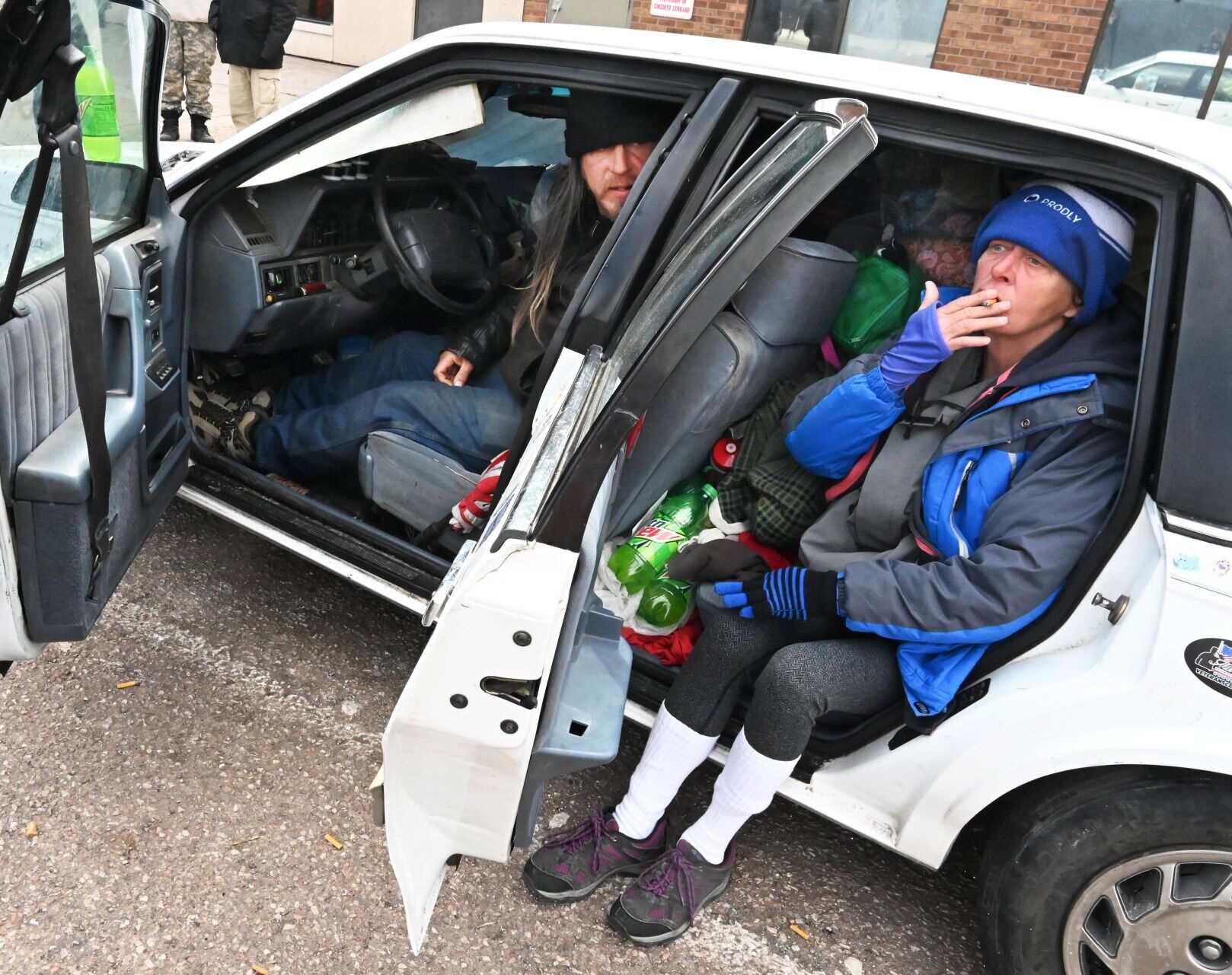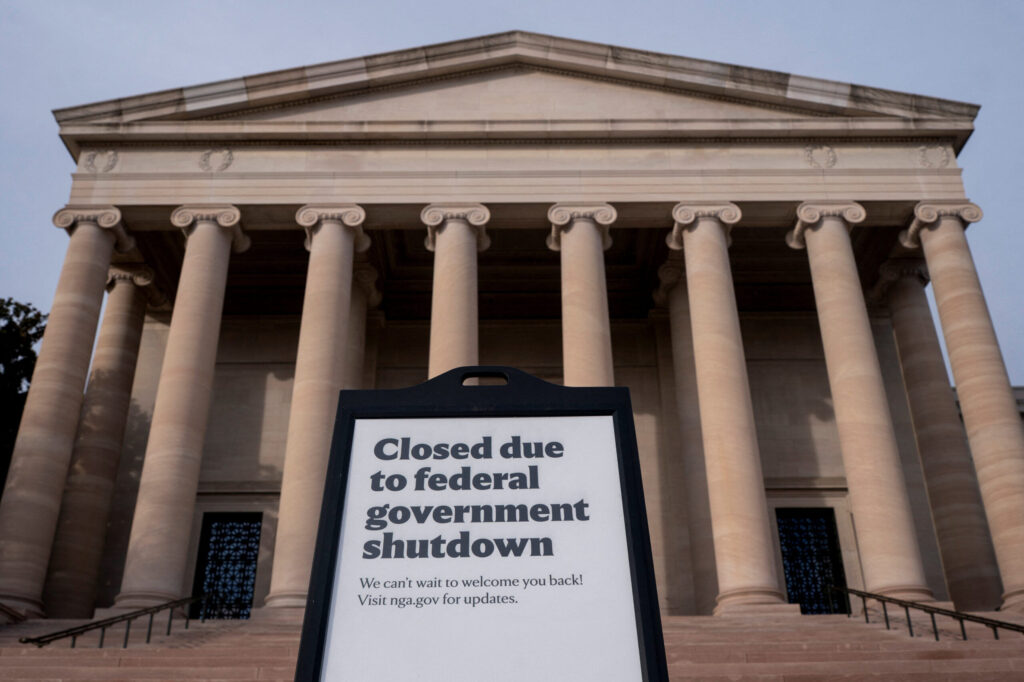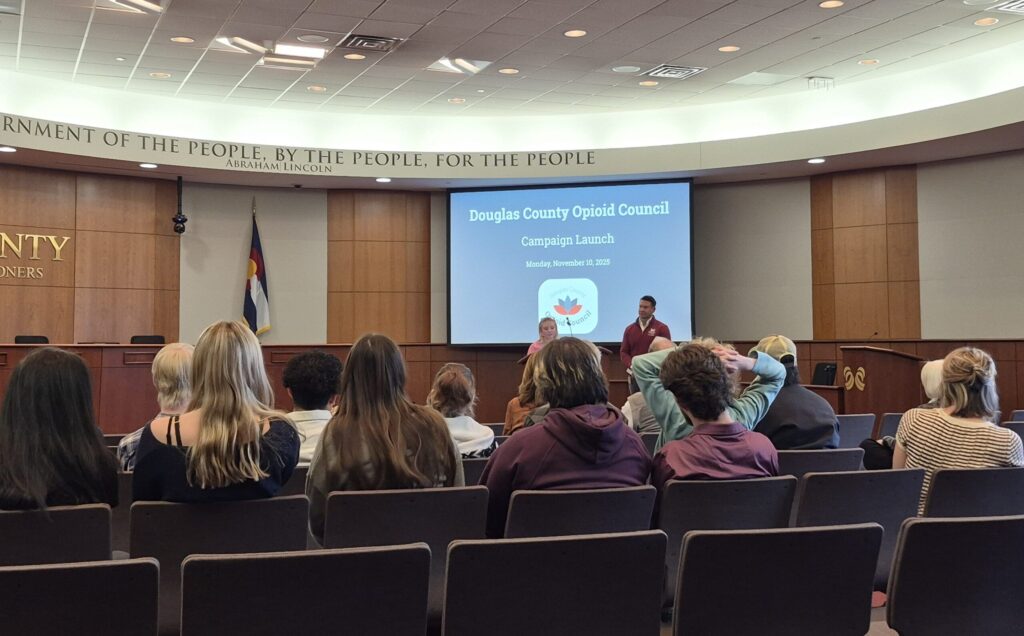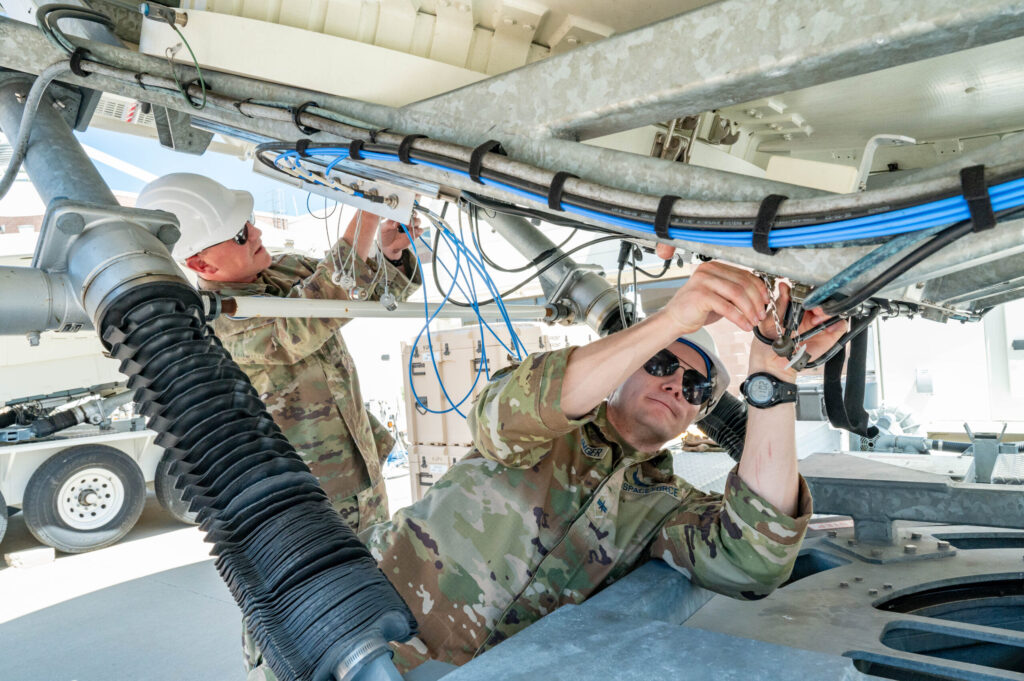Safe Parking program for homeless people living in their vehicles expanding to El Paso County

Shane Hood sleeps each night in the front seat of his small car, leaning over the passenger’s seat to rest on a nest of blankets and pillows. A sturdy aluminum baseball bat lies on the floor in case he needs protection.
“A friend got stabbed a month or two ago right there,” he says, pointing down the sidewalk from where he’s parked in the Mill Street neighborhood of Colorado Springs.
Like a toilet or a meal, safety is not a given in Hood’s world of homelessness.
But a new program making its way to El Paso County in coming months aims to help people who are living in their vehicles.
Colorado Springs food pantry gets big peanut butter donation
Lakewood-based Benefits in Action, an organization that supports people who apply for public assistance such as Medicaid and food stamps, has received grant funding from Colorado Community Health Alliance to expand Safe Parking programs.
The organization will spend about $75,000 on launching one in El Paso County, said Jane Barnes, a founder of Benefits in Action and its executive director.
Under the program, faith communities allow people who are living in their vehicles to park in their lots overnight and must provide them with indoor bathroom access or outdoor porta-potties with hygiene stations.
Some churches recruit volunteers to serve a meal or hot beverages and offer hospitality, others don’t. Some permit families and RVs, others just work with individuals.
But all guests sleep in a safe space where authorities are not asking them to move along, Barnes said.
The idea, she said, is to prevent people living in cars, trucks or RVs from spiraling downward, and to work on improving their situation.
“When people still have a car and can get to work or school, our hope is to keep them from becoming fully homeless,” Barnes said. “We do intense case management to get them out of their cars and into stable housing, and make sure they have employment.”
Cold temperatures don’t stop count of homeless in Colorado Springs
Case workers also connect parkers with mental health care, treatment for substance use, medical services, pet support – since 40% of people living in their cars are pet owners – and free food, gas and car repairs.
“People have to have an operable vehicle to stay in the lot,” Barnes said, “so we’ll buy a tire or a battery, or plastic to weatherproof the windows, but we’re probably not going to overhaul an engine.”
Participants must apply and be accepted into the program. Those who secure housing will receive money for a security deposit and the first month’s rent, she said.
Benefits in Action is a major partner of the Colorado Safe Parking Initiative, which estimates at least 1,000 people are living in their vehicles statewide and, with inflation, expects the number to grow.
“Without safe parking, they just park wherever they can – a store parking lot or a side street – and they’re frequently asked to move by law enforcement,” said Linda Barringer, program developer for Colorado Safe Parking Initiative.
“We provide safe, sanitary overnight parking where people can get a good night’s sleep and case management comes to the lot to help them get their lives organized again and return to housing,” Barringer said. “Without it, it’s a constant struggle of where am I going to park tonight, how many times will I be asked to move, will I be hurt.”
The Colorado initiative formed in 2019 to find host sites in the seven-county metro Denver area and is building a statewide network.
The first pilot sites opened in the cities of Broomfield and Longmont, and the idea has spread to 11 sites in Jefferson, Boulder, Broomfield, Denver and Arapahoe counties.
Colorado Springs Fire Department debuts new emergency response system for 911 calls
Those 11 sites have 89 parking spaces, which last year served 140 households, Barringer said. About 35% of total participants were able to get re-housed, she said.
“Our goal have Safe Parking in as many places across the state as possible because we know every community has people living in their cars,” Barringer said.
Catholic Charities of Central Colorado talked to some churches during the pandemic about starting such a program locally, said CEO Andy Barton.
“There was not a lot of interest because of concerns around the image,” he said.
First Universalist Church in Denver had the same problem initially, said Joan Wise-Skutt, co-chair of the church’s Safe Parking Initiative.
“We spent a lot of time just dealing with the neighbors who were concerned, ‘Oh, tent city is coming, we’re going to have an eyesore,'” she said.
“It’s a pretty upscale neighborhood, and we don’t want an eyesore or a drug playground, and it’s really about educating people about what’s going on and writing documents that reflect the concerns.”
The church set aside eight parking spaces last July in its lot off Hampden Avenue and Colorado Boulevard and currently has vehicles parked in seven spots, said co-chair Josephine Hehnke.
“It’s going very well,” she said, adding that some participants have obtained housing.
The parking spaces are available between 4:30 p.m. and 8 a.m.; vehicles must leave during the day. Many parkers have jobs, Hehnke said.
“The people receiving the help are very appreciative,” she said.
They’re also not what some might think as stereotypical, Wise-Skutt said.
“The biggest thing we’re trying to do through the program is educate the population at large – they’re not all druggies and criminals and do-nothings,” she said. “They’re people who were in regular housing and had a situation that they can’t recover from without some help.
“When we open the church for activities, they don’t stand out as being different from anybody else.”
Hood, who’s been homeless off and on since 2015 and shares his car with his girlfriend, Barb Berry, likes the concept and said he thinks it would help Colorado Springs’ homeless population. The hardest thing about making your car your home is the lack of space to stretch out, Hood said. And the single-digit temperatures at night.
“There’s quite a few people living in their cars – we’ve been noticing more and more,” Hood said. “They move around a lot because they don’t know where it’s safe, and they’re threatened with getting towed.”
Barnes hopes to have host sites established in El Paso County before summer and plans to expand the program to Teller and Park counties.














